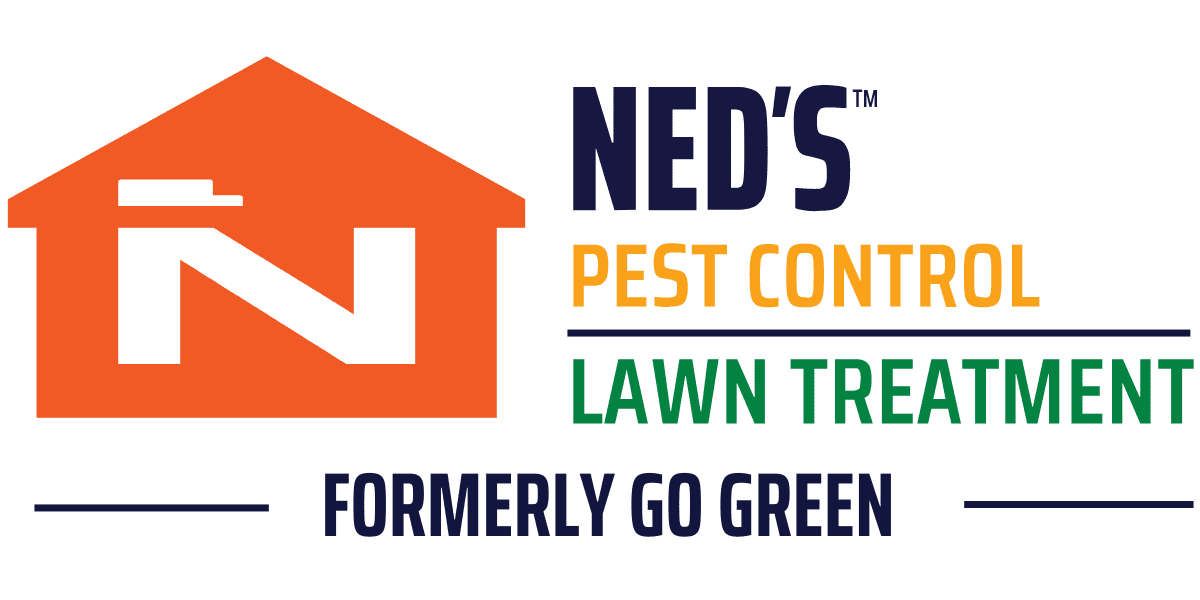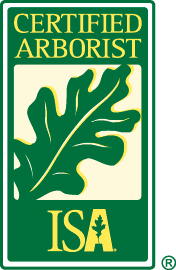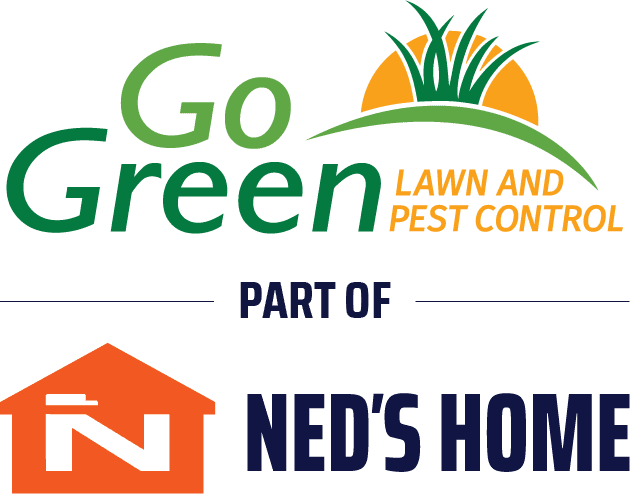Incorporating eggshells into your gardening routine is a cost-effective and environment friendly way to grow plants from seedlings instead of purchasing full-grown plants at the store. Eggshells are also useful as an organic fertilizer to keep your garden pest-free.
Planting an Eggshell Garden
By sprouting seedlings in eggshell planters, you can create a beautiful garden for the whole family to enjoy. Other benefits of an eggshell garden include the following:
- You can get started on your gardening before the weather fully cooperates.
- It’s safe for kids to help because the “pots” won’t hurt them if broken.
- Sprouted seedlings tend to do better when planted because they are hardier.
- Eggshell pots are biodegradable
- Because eggshells contain calcium and other nutrients, they serve as organic fertilizer.
Here are the steps for planting an eggshell garden:
1. Prepare the eggshells. Make a hole in the bottom center of each shell with a small pin or thumbtack so water can drain through. The hole should be big enough to prevent potential soil clogs. Gently cut off the top 1/3 of the eggshell with a paring knife. Pour the inside of the egg into a bowl and save for cooking.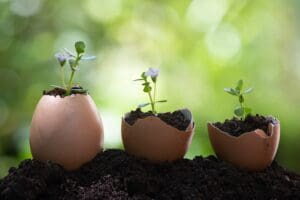
2. Clean the eggshells. Wash the eggshells in the sink. Then place them in a pot of boiling water for three minutes to kill any bacteria on the shells. Put each eggshell back in the egg carton or bowl to dry.
3. Plant seeds. Scoop in enough potting soil to fill 2/3 of each eggshell. Place a seed inside. The directions on the seed package will tell you how far down in the soil to put the seed. Label the outside of each shell carefully with a crayon so you remember the type of seed planted. Put the carton in a windowsill that gets regular sunlight and add water to moisten the soil. Water as needed.
4. Plant sprouted seedlings. When the seeds sprout and the weather is warm enough, plant the eggshell pots in your garden using freshly tilled soil. Gently crush each eggshell as you plant it in the ground so the roots can find the fresh soil. The biodegradable eggshells will act as an organic fertilizer.
Keeping Your Garden Pest-Free with Eggshells
A fully grown garden requires continued organic care. Did you know eggshells are an organic pesticide that kills garden pests like slugs and beetles? Eggshells produce the same results as diatomaceous earth, the talc-like powder comprised of the fossilized remains of marine phytoplankton. Both diatomaceous earth and eggshells cut up beetles and other garden pests who come into contact. Gardening with eggshells is simple and effective.
1. Grind the eggshells into a fine powder with a mini food chopper or coffee bean grinder.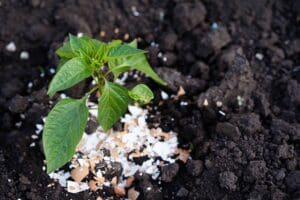
2. Sprinkle the eggshell powder on the leaves of your garden and directly on beetles you want to eliminate.
3. Add the powder to the base of each plant to kill slugs and snails.
4. Keep the remaining eggshell powder in a covered container.
5. Apply more eggshell powder as needed, especially after rain.
Organic lawn care and gardening care reduces your environmental footprint and produces a healthy landscape. At Ned’s Pest Control & Lawn Treatment Services, we believe doing our part to create a healthy planet. As a leader in the green lawn care movement of Chester Springs, we take pride in getting stellar results in a safe, Trusted manner. We use Trusted soil stimulants for effective year-round fertilization.
To learn more about our Trusted fertilization services in Pennsylvania, New Jersey, Maryland, and Delaware. give us a call today for a free quote!
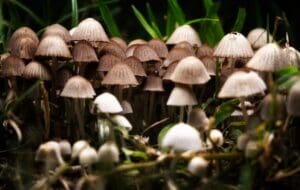
Why Are There Mushrooms on My Lawn?
While mushrooms are delicious in recipes such as risotto and chicken marsala, they seem considerably less appealing when they appear on the lawn you have invested a lot of time, energy, and money in maintaining. However, it is an indication that your lawn is healthy, so you only need to
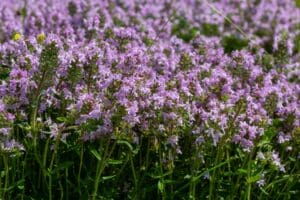
Creeping Thyme Lawn
Creeping thyme is a perennial native to northern Europe, western Asia, and northern Africa. It has a modest growth rate and can be replaced by turf grass. This low-growing plant has a lifespan of more than two years. Its fragrant blooms attract pollinators with abundant tubular blooms in vivid pink

Everything You Need To Know About Gypsum in Lawn Care
Choose Go Green for Your All Your Lawn Care & Pest Control Needs Gypsum is a naturally occurring mineral that’s renowned for its ability to enhance soil structure and promote plant growth. Join us in this blog where we take a closer look at how gypsum can revolutionize your lawn
